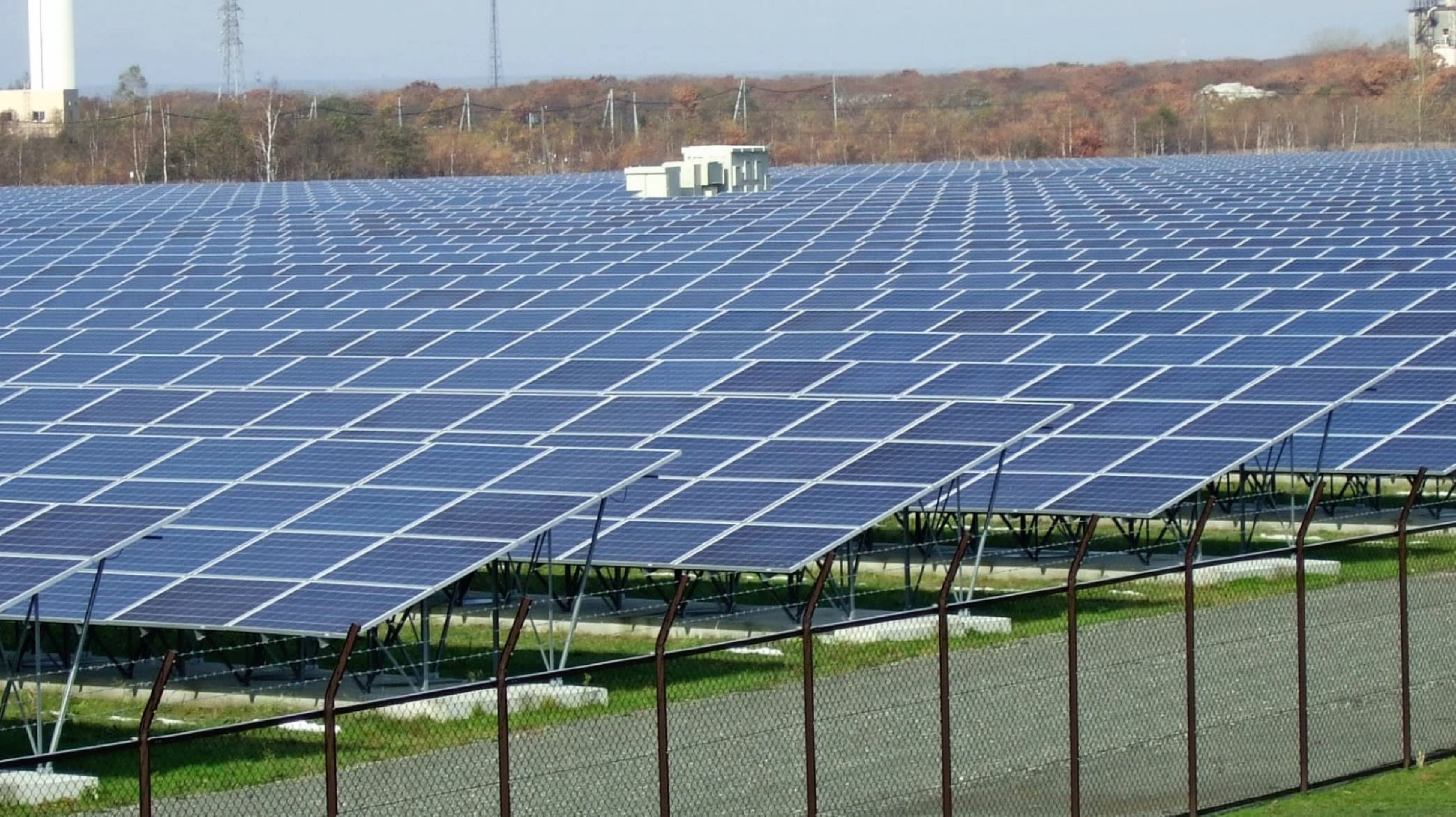
The Federal Government of Nigeria, in response to the removal of subsidy, has taken steps to mitigate its impact by collaborating with the Rural Electrification Agency (REA) and the Energising Economies Initiative (EEI) to introduce a solar power system with a capacity of 30 kilowatts at the renowned Ayegbaju International Market in Osogbo, the capital of Osun State.
In order to identify suitable locations for this initiative, the REA, in partnership with E-guide and the Rockefeller Foundation, conducted thorough assessments of more than 148 sites. Consequently, the Ayegbaju and Abubakar Gumi Markets in Kaduna State were chosen as the first phase beneficiaries of this solar electrification project.
During a recent inspection visit to the REA office in Osogbo and a comprehensive assessment of power generation at Ayegbaju market, the Managing Director of REA, Engineer Ahmad Salihijo Ahmad, along with REA Technical Services representative Barka Sajou and Rural Electrification Fund representative Mrs. Saadatu Belgore, revealed that the solar power project at Ayegbaju market serves as a pilot phase aimed at providing electricity to areas not connected to the national grid.
Engineer Ahmad Salihijo Ahmad expressed his satisfaction with the ongoing project in Osun during his visit, emphasizing the positive outcomes observed. He acknowledged the potential of this concept in collaborating with market women and indicated the possibility of scaling up similar initiatives in other regions.
By leveraging the success and benefits witnessed at the Ayegbaju market, the aim is to extend similar electrification efforts to additional markets and areas that can benefit from such projects.
“The project is still ongoing, it is 95 per cent done, this is 30KWP, we have seen the readiness of the market women to embrace the concept, we have gone around, we are trying to use this concept to reduce the use of generator set especially at this time of subsidy removal.
“We have seen the potential of this concept and we are coming back with a developer to scale up the concept for the entire market. We are targeting 1600 shops but presently we have done 48 shops. In the next couple of months, it will go round.”
Engineer Ahmad Salihijo Ahmad highlighted the core objectives of the project, emphasizing its role in reducing carbon emissions generated by diesel and petrol generators. In addition, the initiative aims to cater to the electricity needs of individuals and businesses that are not currently connected to the national grid.
During the pilot phase, valuable insights and lessons will be gathered and carefully examined. These findings will serve as a foundation for developing sustainable and collaborative projects in partnership with the States and Distribution Companies.

